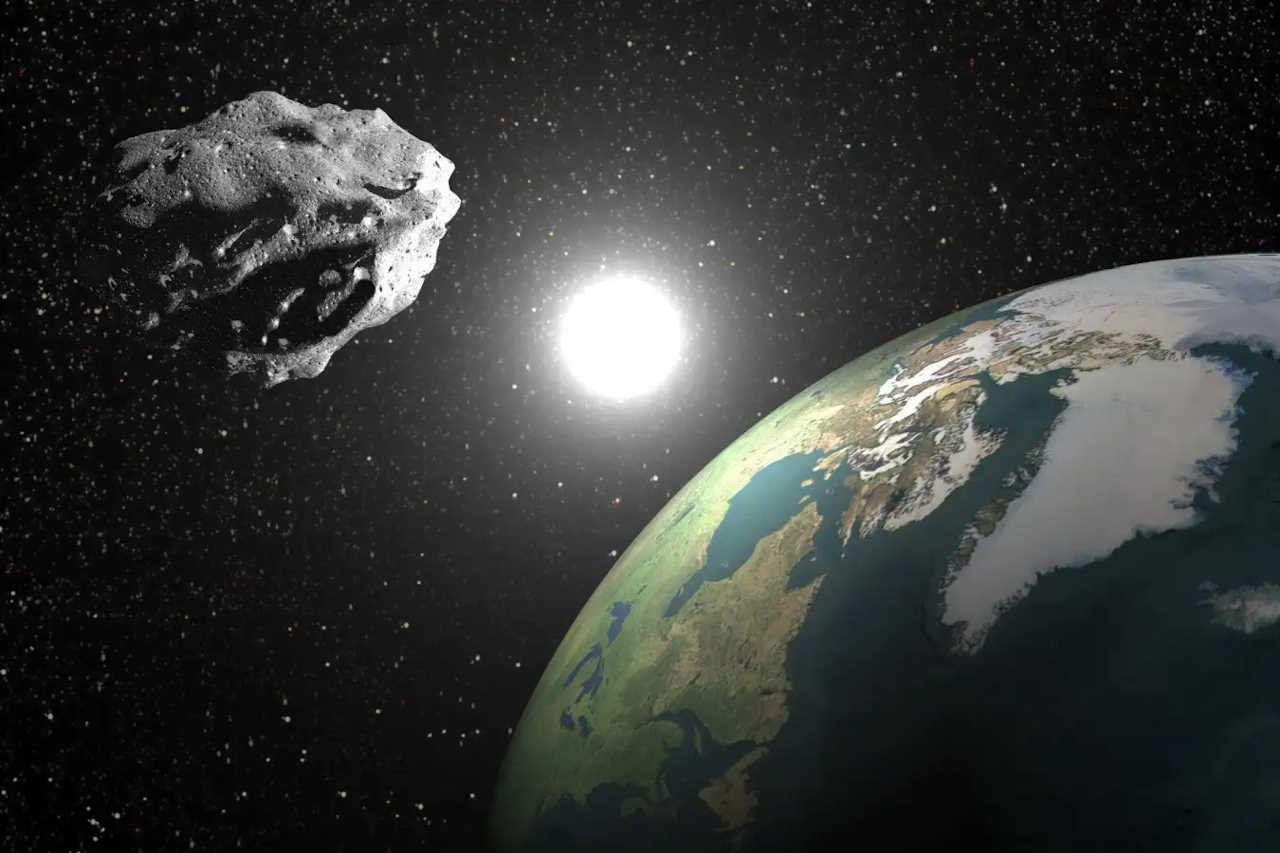Astronomy Ukrainian scientists proposed using asteroids for interplanetary travel

Ukrainian scientists have proposed using asteroids that regularly fly between Earth, Mars and Venus to protect astronauts from cosmic radiation during interplanetary travel. The main idea of this approach is that astronauts can "hide" under the surface of an asteroid, which will not only reduce the cost of radiation protection, but also increase the availability of interplanetary missions by using asteroids as "space transport". The results of this study have been published on the arXiv preprints site.
Why are scientists interested in asteroids?
Researchers have been trying to solve one of the biggest challenges of interplanetary travel — how to protect astronauts from the harmful effects of cosmic radiation without weighing down spacecraft and increasing their cost.
For this, scientists from Taras Shevchenko Kyiv National University analyzed the orbits of more than 35,000 near-Earth asteroids in order to identify the possibility of their convergence with the planets Earth, Venus and Mars in the period from 2020 to 2120.
Scientists have concluded that asteroids can serve as "spaceships" for fast travel between planets. In particular, a trip to Mars can take about 180 days, while a spaceship flight can take up to nine months.
They found 120 candidate asteroids for travel between Earth, Mars and Venus, two asteroids that cross the orbits of all three planets, and 10 more that will fly by the planets several times a century.
According to the researchers' plan, a spacecraft with astronauts should land on an asteroid, which will then deliver the mission to its destination. A key aspect of this concept is the possibility of using asteroids with regular trajectories crossing the orbits of the planets. However, before this approach can work, it is necessary to develop technologies for precise landing on an asteroid and sinking the ship under its surface.
How harmful is cosmic radiation
Experiments on rats have shown that prolonged exposure to space radiation and microgravity can cause erectile dysfunction, which can be counteracted by taking antioxidants.
Analysis of data from people who have been in Earth's orbit has shown that their kidney cells have lengthened and become more fragile under the influence of cosmic radiation. And experiments on rodents have confirmed that a long stay in space can even cause kidney failure.
Protecting yourself from cosmic radiation under the surface of a celestial body turned out to be quite realistic. As astrobiologists have established, organic substances, such as amino and nucleic acids, can be stored under the ice of the moons of Enceladus and Europa.